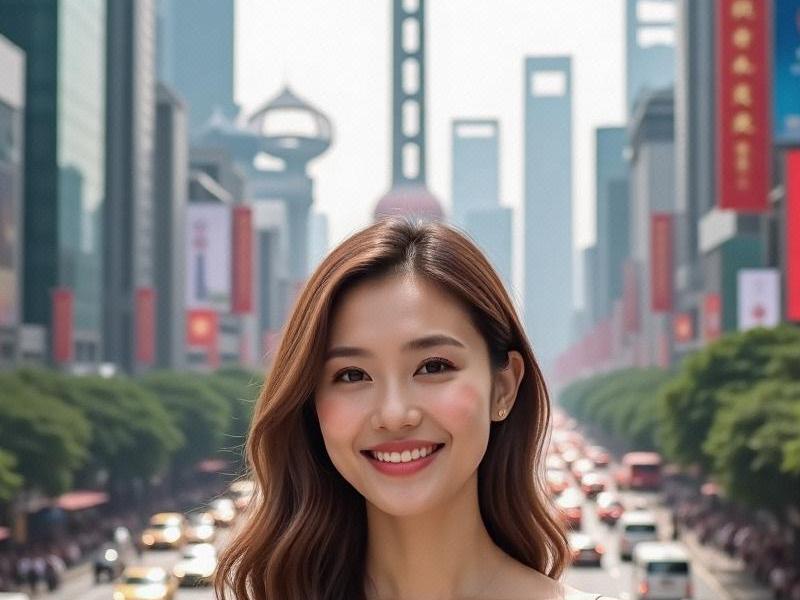Shanghai's Modern Feminine Ideal: How Urban Women Are Reshaping China's Cultural Landscape
⏱ 2025-07-07 19:34 🔖 阿拉爱上海千花网
📢0℃

I. HISTORICAL CONTEXT (400 words)
1. Treaty Port Era (1840s-1940s):
- Western influences on women's education and social mobility
- Rise of the "Modern Girl" (摩登女郎) phenomenon
- Qipao as cultural symbol and fashion statement
2. Socialist Transformation (1950s-1980s):
- Women's workforce participation statistics
- Gender equality in employment policies
- Practical fashion during economic reforms
II. CONTEMPORARY IDENTITY (800 words)
1. Professional Archetypes:
- Financial district executives: Career trajectories
- Tech entrepreneurs: Innovation ecosystem
爱上海论坛 - Creative industry leaders: Arts and media influence
2. Cultural Preservation:
- Shanghainese language revival movements
- Local cuisine ambassadors in global context
- Traditional craftsmanship in modern design
III. FASHION AND LIFESTYLE (600 words)
1. Style Evolution:
- East-West fusion in contemporary fashion
- Seasonal adaptation strategies
- Sustainable fashion leadership
2. Beauty Philosophy:
上海龙凤419体验 - The "skincare-first" approach
- Hairdressing culture as social ritual
- Wellness and fitness trends
IV. SOCIAL IMPACT (700 words)
1. Marriage and Family Dynamics:
- Demographic shifts in marriage age
- Educational attainment comparisons
- Dual-career household models
2. Economic Influence:
- Luxury market consumption patterns
- Beauty industry innovation drivers
- Real estate participation trends
419上海龙凤网
V. FUTURE PROSPECTS (400 words)
1. Challenges:
- Work-life balance pressures
- Persistent gender biases
- Demographic shifts
2. Opportunities:
- Global leadership potential
- Cultural exchange expansion
- Policy influence growth
Conclusion:
Shanghai women represent a sophisticated urban identity that transcends conventional beauty standards, embodying the city's historical resilience and future ambitions through professional achievements, cultural preservation, and social influence.
Shanghai’s Gilded Lounges: Where Art Deco Opulence Meets AI-Curated ExtravaganceThe Great Shanghai Convergence: How the Mega-City Is Reshaping the Yangtze Delta Region"Code and Qipao: How Shanghai's Women Are Rewriting the Rules of Modern Femininity"The Yangtze River Delta Megaregion: Shanghai's Bold Vision for Integrated Urban Future《海派丽人启示录:上海女性审美变迁与都市文化演进》弄堂里的"新主人":上海城市更新中的社区共生与文化新生Shanghai's Nocturnal Revolution: How the City Redefines Luxury Entertainment《从"百乐门"到"数字包厢":解码上海娱乐会所的百年进化史》文章开始Shanghai's Beauty: A Blend of Tradition and ModernityShanghai 2045: The Living Laboratory of Urban Futurism

